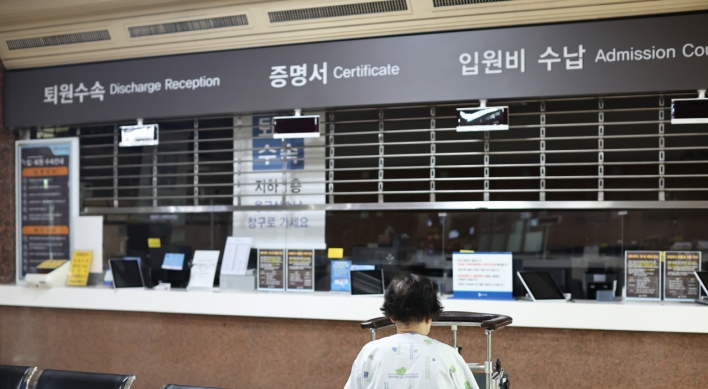This past week South Korea hosted the APEC education summit in Gyeongju -- a certain nod to Korea’s recent rise in the international arena with events such as the 2010 G20 summit and the nuclear summit hosted last month.
Korea is making waves in respect to its educational system with statements of affirmation from such luminaries as U.N. Secretary General Ban Ki-Moon and U.S. President Obama. There are naysayers from within the “trenches” of Korean education who challenge this grand rhetoric, however.
They point out the deficiencies of the Korean system: rote memorization without critical thinking skills, and high levels of stress and suicide among Korean youth. For them, President Obama’s words reflect a U.S. national security priority for competitiveness in the areas of IT, math and the sciences -- areas South Korea excels in -- more so than some grand success of the Korean education system.
At the APEC summit South Korea showcased its Smart Classrooms project, an ambitious effort to digitize textbooks and other learning resources for students by 2014. Under this initiative educators and students will have access to wireless Internet connections in schools anytime, anywhere.
It is the hope of policy-makers that this will raise the education levels of all Korean citizens by providing constant access to learning materials online while also increasing students’ technological competencies.
Of the 21 participating countries of APEC, the less-developed countries challenged this agenda with a charge that it serves to further leave them behind.
Many of APEC’s Latin American and Southeast Asian member states contend they would rather see the digital divide closed rather than widened, and for them Korea’s tech-heavy Smart Classroom agenda seems more a twisted and romantic delusion of the wealthy countries than a real possibility for disadvantaged nations.
Nonetheless, at the closing of the three-day meeting the education ministers issued a statement in which they reaffirmed their commitment to promoting high-tech competencies as a route to regional economic development.
Another way many Korean institutions seek to address the challenges lurking internally within the Korean education system -- such as tuition freezes, decreasing school-aged populations, and increasing government regulation of universities -- is by reaching out to international students who pay higher fees and bring prestige to the school.
This, again, is an issue of educational cooperation. It has not been easy though, as it is difficult to attract foreign students from North America, Europe, and other developed regions to study in Korea.
These students perceive Korean universities as inferior to their Western counterparts. On the other hand, large cohorts of foreign students are coming from developing nations, such as China and Thailand, where Korea plays a kind of intermediary role offering a good education at a cheaper price than these students could get in most parts of the developed world.
For these students, Korean education offers opportunities not available at home. The Korean government knows this and is assisting this trend by allotting greater percentages of ODA to educational fellowships.
This approach has had its successes. However, relying on international students as paying customers to fund schools and fill vacant seats brings with it a whole new set of dilemmas.
Onlookers can expect that these general trends within South Korean education will continue for the next few years.
To be sure, the quality of education in Korea must rise to meet international standards of excellence in research, teaching, and service, and greater international cooperation, as in the case of APEC, has the opportunity to play this standard-bearing role.
Korea is expected to become a formidable leader in international education, and if it proceeds cautiously with a balanced agenda between promoting high-tech education and offering development assistance it may very well do so.
By Kevin Kester
Kevin Kester is assistant professor of international relations and peace studies at the Linton Global College of Hannam University in Daejeon. -- Ed.





![[AtoZ Korean Mind] Does your job define who you are? Should it?](http://res.heraldm.com/phpwas/restmb_idxmake.php?idx=644&simg=/content/image/2024/05/06/20240506050099_0.jpg&u=)












